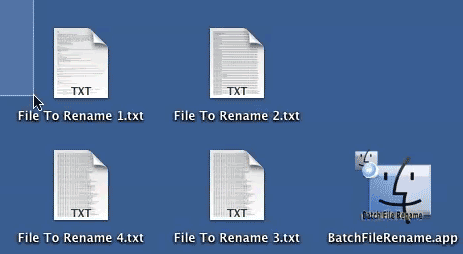


If a match is found, the content of the matched stars can be used in the replace expression the same way as in Regex, which means "$1" represents the part left of the 'a' and "$2" the part right of it aso. If you wish that 'a' should be somewhere inside you will have to write "*a*". Please note, that there's an improvement made compared to the Windows file system: If you write "*a" it will only find names that end on 'a'. The used replacement strings will be kept in a history up to your defined maximum in the Settings. At each change the list of the items is re-filtered to only show the matching items. The specification of the find string can be made in either plain text, by patterns '*' and '?' or by Regular Expression (Regex).I was always missing that in the Windows Desktop search. For example if you choose to only change something in the extension you won't get disturbed by matches in the name. The search for the text passage to replace can be limited to either the item's name, the extension or both.Then you can either perform replacements on the resulting list or just on the selected files. add the items to the list which will then be filtered live when you enter a search criteria. File Renamer (of the 'File Center' tab) is a very powerful dialog to rename multiple files and folders in one batch resp.


 0 kommentar(er)
0 kommentar(er)
